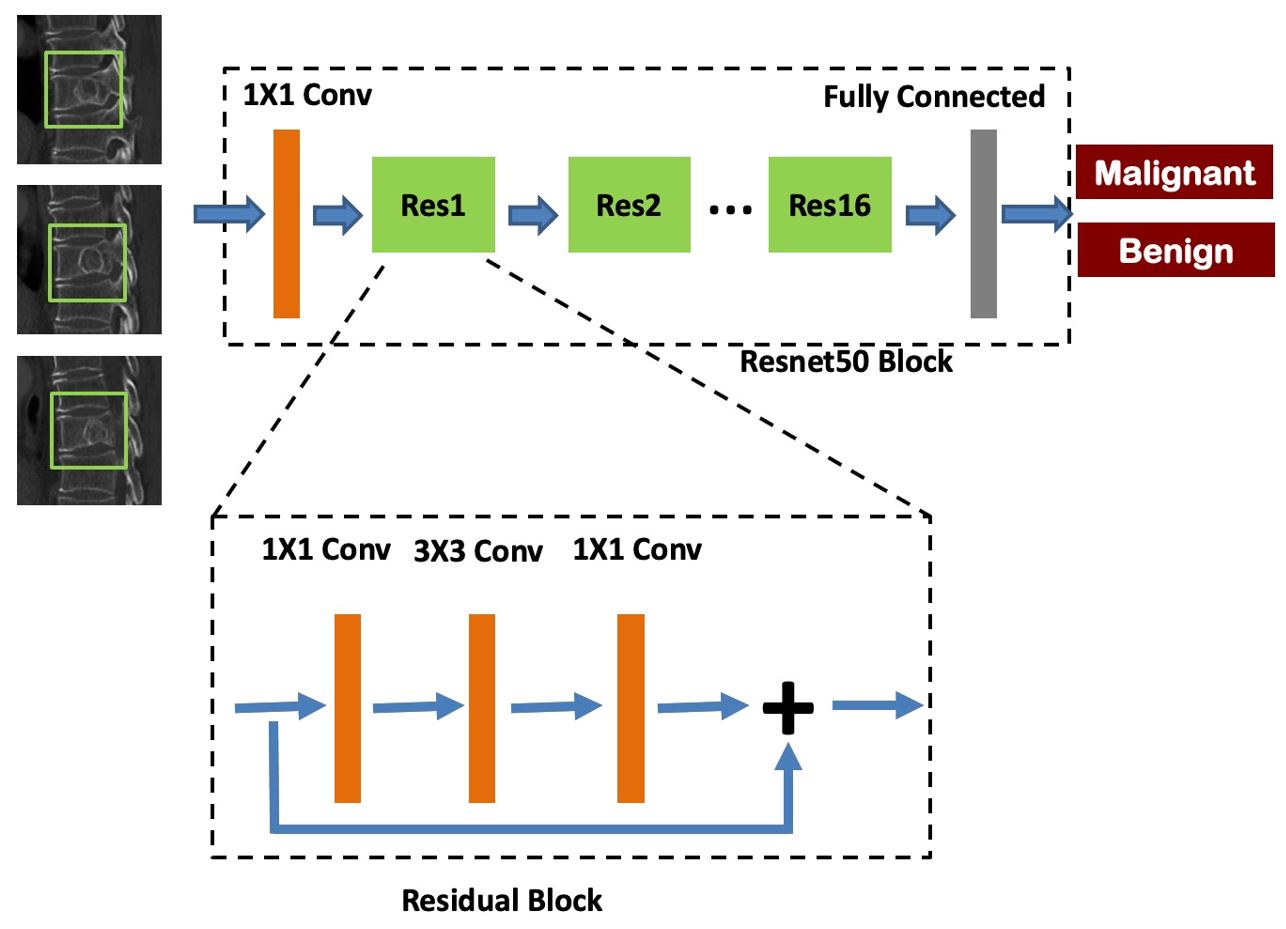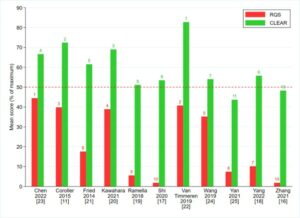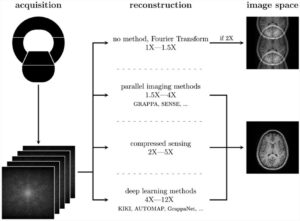The purpose of this study was to evaluate the performance of deep learning using ResNet50 in the differentiation of benign and malignant vertebral fracture on computed tomography (CT). The study used a dataset of 433 patients, which was retrospectively selected from the authors’ spinal CT image database. The authors concluded that ResNet50 achieved good accuracy, which can be further improved with more cases and optimized methods for future clinical implementation.
Key points
- Deep learning using ResNet50 can yield a high accuracy for differential diagnosis of benign and malignant vertebral fracture on CT.
- The per-slice diagnostic sensitivity, specificity, and accuracy were 0.90, 0.79, and 85% in deep learning using ResNet50 analysis.
- The slices combined with per-patient diagnostic sensitivity, specificity, and accuracy were 0.95, 0.80, and 88% in deep learning using ResNet50 analysis.
Article: Differential diagnosis of benign and malignant vertebral fracture on CT using deep learning
Authors: Yuan Li, Yang Zhang, Enlong Zhang, Yongye Chen, Qizheng Wang, Ke Liu, Hon J. Yu, Huishu Yuan, Ning Lang & Min-Ying Su













